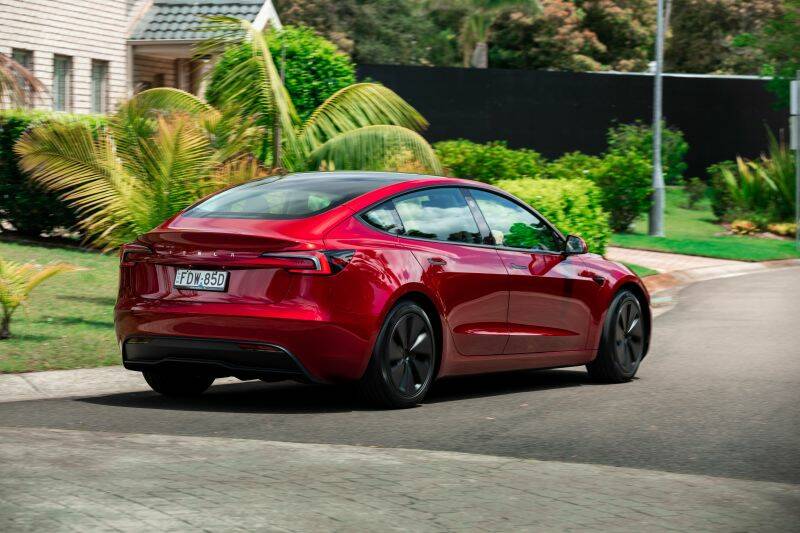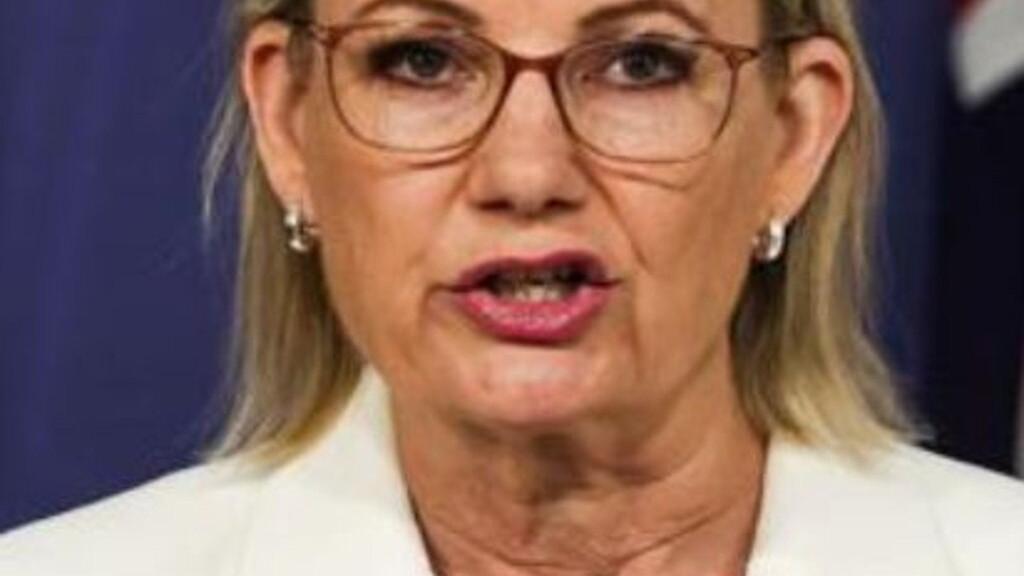
The Australian Government is advancing plans to introduce a road user charge specifically targeting electric vehicle (EV) owners. This development follows a joint statement from Federal Treasurer Jim Chalmers and state treasurers, outlining necessary reforms to the current road user charging system.
The statement emphasizes that the evolution of electric vehicle technology significantly impacts both passenger and freight transport. It highlights the need for policies to adapt and ensure sustainable funding for road maintenance and investment. “Reforms to road user charging arrangements for electric vehicles have the potential to bolster productivity through more efficient use of the road network,” the statement reads.
While the reforms aim to create a fairer system for all vehicle types, they also prioritize the continued uptake of electric vehicles. Chalmers noted the importance of phasing in changes to maximize the benefits associated with increased EV adoption. He asserted that the policy development process will be thorough, ensuring that any new charge does not deter consumers from choosing electric vehicles.
The joint statement does not indicate a willingness to alter levies currently imposed on traditional combustion-powered vehicles. This position has drawn criticism from the Australian Electric Vehicle Association (AEVA). In a statement, AEVA president Dr. Chris Jones argued for a universal road user charge based on mass and distance, which would ensure that EV drivers contribute equitably without discouraging their uptake.
Dr. Jones highlighted that a model where an EV and a diesel vehicle of similar weight and mileage pay the same fee for road use is ideal. However, he insisted that the diesel vehicle should incur additional charges to account for its environmental impact. “Fortunately, fuel excise captures that perfectly already,” he stated, referring to the existing flat sales tax on petrol and diesel, currently set at 51.6 cents per litre.
The Australian Automotive Dealer Association (AADA) supports the call for an equitable national road user charging system. They advocate for a technology-neutral approach that does not disincentivize the uptake of hybrids or electric vehicles.
As Australia moves towards a greater reliance on electric vehicles, the fuel excise revenue is projected to decline. This is due to the increasing efficiency of vehicles and the growing popularity of EVs. Currently, revenue from fuel excise contributes to the Australian Government’s general revenue, funding road construction and maintenance projects.
In response to anticipated decreases in fuel excise revenue, Victoria introduced a road user charge in 2021. However, a 2023 High Court ruling invalidated state-based road user charges, asserting that only the Commonwealth can impose such duties under the Constitution. This decision led to the cancellation of Victoria’s scheme and the refunding of approximately $3.9 million collected from EV and plug-in hybrid vehicle charges during the 2022/23 financial year.
Other state governments, including those in New South Wales and Western Australia, have previously indicated plans to implement similar taxes around 2027. In contrast, South Australia reversed its plans for a road user charge following a change in government.
As the Australian Government collaborates with state and territory leaders, the emphasis remains on creating a balanced approach that considers the needs of all vehicle owners while encouraging the transition to electric vehicles. The potential reforms could play a significant role in shaping the future of transport in Australia, balancing economic, environmental, and consumer interests.






